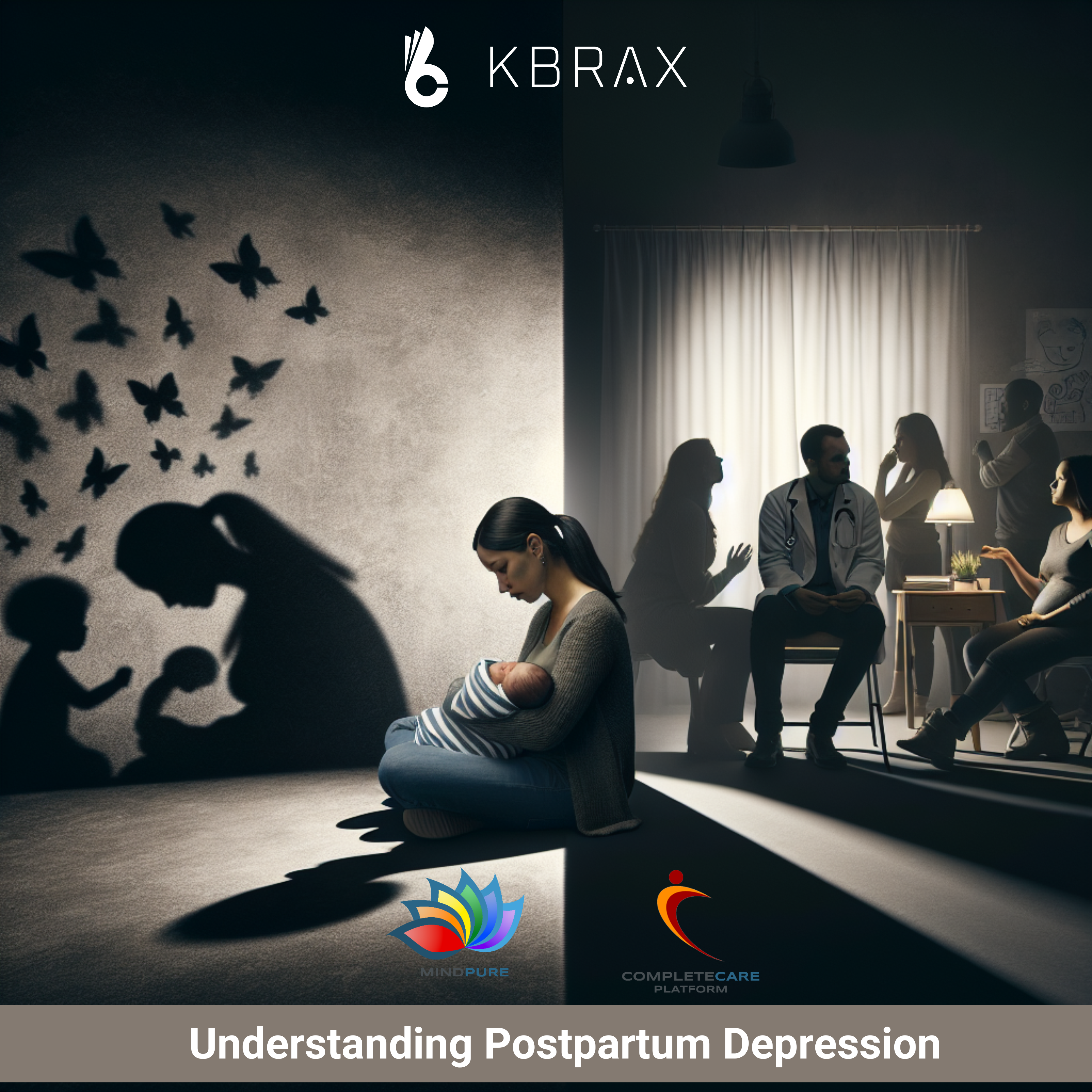
Understanding Postpartum Depression: Diagnosis, Treatment, and Support
Postpartum depression (PPD) is a significant mental health condition that affects many new mothers, often bringing a sense of loneliness and difficulty. However, with proper diagnosis, treatment, and support, healing from PPD is entirely possible.
Diagnosis of Postpartum Depression
Healthcare providers play a crucial role in diagnosing postpartum depression. They will typically discuss your feelings, thoughts, and overall mental health to distinguish between short-term postpartum baby blues and a more severe form of depression. Don’t hesitate to share your symptoms; PPD is common and treatable.
During the evaluation, your provider may conduct a depression screening, which includes filling out a questionnaire. Additional tests might be ordered to rule out other potential causes for your symptoms.
Treatment Options
The treatment and recovery time for PPD can vary based on the severity of the depression and individual needs. Here are some common approaches:
- Baby Blues: Generally, baby blues resolve on their own within a few days to two weeks. During this period, it is helpful to:
- Get plenty of rest.
- Accept help from family and friends.
- Connect with other new mothers.
- Take time for self-care.
- Avoid alcohol and recreational drugs.
- Postpartum Depression: This is often treated with psychotherapy, medication, or a combination of both.
- Psychotherapy: Talking with a mental health professional can help you cope with your feelings, solve problems, set realistic goals, and respond positively to situations. Therapies like cognitive-behavioral therapy (CBT) and interpersonal psychotherapy are commonly used.
- Antidepressants: These may be prescribed by your healthcare provider. Most antidepressants are safe to use during breastfeeding, but it’s crucial to discuss the potential risks and benefits with your provider.
- Other Medications: In cases involving severe anxiety or insomnia, short-term use of antianxiety medications may be recommended.
- Brexanolone (Zulresso): This is the first drug approved specifically for PPD, administered intravenously over 60 hours in a healthcare facility due to potential serious side effects.
Research is ongoing for an oral medication similar to brexanolone, which shows promising results and may offer a more convenient treatment option with fewer side effects.
Lifestyle and Home Remedies
Alongside professional treatment, self-care practices can support recovery from PPD:
- Healthy Lifestyle Choices: Engage in physical activities, such as walking with your baby, and maintain a healthy diet while avoiding alcohol.
- Realistic Expectations: Don’t pressure yourself to maintain a perfect household; do what you can and leave the rest.
- Time for Yourself: Arrange for breaks from baby care, either by asking your partner or a sitter to step in, allowing you to enjoy hobbies or spend time with friends.
- Avoid Isolation: Talk about your feelings with your partner, family, and friends. Connecting with other mothers can also provide valuable support.
- Ask for Help: Accept offers of assistance with childcare and household tasks, and consider joining parenting classes to improve caregiving techniques.
kbrax: Your Partner in Comprehensive Postpartum Depression Care
At kbrax, we are dedicated to transforming the digital healthcare landscape with our innovative technology solutions. Our AI-empowered CompleteCarePlatform® integrates mental, physical, and social health to provide comprehensive support for mental health and addiction.
MindPure®: Empowering Mothers with Mental Health Support
Our MindPure® application offers essential support for new mothers experiencing postpartum depression. Through the app, mothers can:
- Track Mood and Symptoms: Regularly monitor their mental health by logging mood changes, sleep patterns, and other symptoms.
- Access Professional Help: Connect with mental health professionals for counseling and support.
- Join Support Groups: Engage with other mothers experiencing similar challenges, providing a sense of community and shared experience.
- Receive Personalized Self-Care Tips: Get recommendations for activities and practices that can help improve their mental well-being.
CompleteCarePlatform®: A Comprehensive Solution for Healthcare Providers
For healthcare providers, payers, and stakeholders, our CompleteCarePlatform® offers a customizable, white-labeled solution to monitor and support patients' mental health comprehensively. Key features include:
- Real-Time Monitoring: Track patient progress and mental health status in real-time, allowing for timely interventions.
- Integrated Care: Combine mental, physical, and social health data to provide a holistic view of patient well-being.
- Enhanced Communication: Facilitate communication between patients, healthcare providers, and support networks to ensure coordinated care.
- Data-Driven Insights: Utilize AI-powered analytics to identify trends and make informed decisions about patient care.
By integrating advanced technology with compassionate care, kbrax ensures that those suffering from postpartum depression receive the support they need to heal and thrive. If you or someone you know is struggling with PPD, consider reaching out to kbrax for a supportive, comprehensive care solution. Remember, you are not alone, and help is available.
